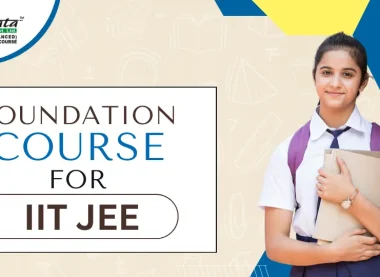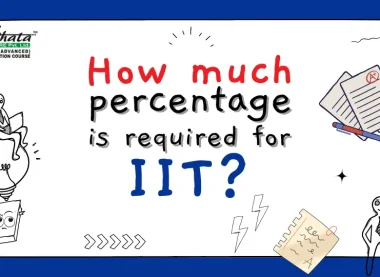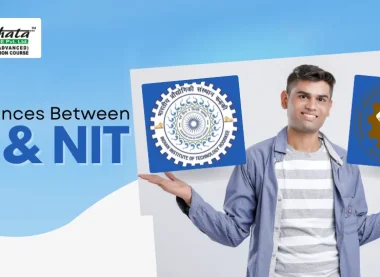The Indian Institutes of Technology Joint Entrance Examination (IIT-JEE) is undoubtedly one of the most prestigious and challenging entrance exams in the world. Aspiring engineers and scientists across India set their sights on cracking this exam to secure a coveted seat in the prestigious IITs. One of the crucial subjects in the IIT-JEE syllabus is physics, known for its complexity and depth. In this blog, we’ll delve into the IIT-JEE physics syllabus, providing insights and tips to help you conquer this subject.
Understanding the IIT-JEE Physics Syllabus:
Physics in the IIT-JEE exam is divided into two sections: Paper 1 and Paper 2. Both papers test your understanding of fundamental concepts, problem-solving skills, and your ability to apply theoretical knowledge to practical scenarios.
Paper 1:
- Mechanics: This is the foundation of physics, covering topics like kinematics, laws of motion, work-energy, and rotational dynamics. A strong grasp of mechanics is crucial as it forms the basis for several advanced topics.
- Thermodynamics and Kinetic Theory of Gases: This section explores concepts related to heat, temperature, and the behavior of gases. Understanding thermodynamics is essential for various real-world applications.
- Electrostatics and Current Electricity: These topics revolve around the behavior of electric charges, electric fields, and circuits. They form the backbone of electronics and electrical engineering.
Paper 2:
- Optics and Wave Optics: This segment deals with the behavior of light and its interaction with matter. Topics include reflection, refraction, diffraction, and interference.
- Modern Physics: Modern physics explores quantum mechanics, atomic structure, nuclear physics, and semiconductor devices. It’s a fascinating but challenging part of the syllabus.
- Electromagnetic Waves and Communication Systems: These topics delve into the properties of electromagnetic waves, electromagnetic spectrum, and communication systems like radio and television.
Tips to Master the IIT-JEE Physics Syllabus:
- Understand the Basics: Build a strong foundation by thoroughly understanding the fundamental concepts. Clear your doubts early to prevent confusion later.
- Practice Regularly: Physics is a subject where practice is key. Solve a variety of problems to reinforce your understanding and improve problem-solving skills.
- Focus on Numericals: A significant portion of the physics paper involves numerical problems. Practice different types of numerical questions to gain confidence.
- Use Study Materials: Utilize recommended study materials and textbooks. They are curated to align with the IIT-JEE syllabus.
- Take Mock Tests: Mock tests and previous years’ question papers are invaluable. They help you understand the exam pattern, time management, and areas that need improvement.
- Seek Guidance: Don’t hesitate to seek guidance from teachers, mentors, or coaching institutes. They can provide insights and strategies to tackle challenging topics.
- Stay Healthy: Remember to take breaks, eat well, and get enough rest. A healthy body and mind are essential for effective learning and exam performance.
Conclusion:
Mastering the IIT-JEE physics syllabus requires dedication, persistence, and a clear understanding of fundamental concepts. With the right approach, practice, and guidance, you can confidently tackle this challenging subject and move closer to your dream of securing a seat in one of India’s prestigious IITs. Keep your focus, stay motivated, and believe in your ability to conquer the IIT-JEE physics syllabus.
Contact Paathshala Coaching – The Best IIT JEE Coaching in Ambala. Top-Notch Faculty. Best Results in Ambala for IIT-JEE Examination.






